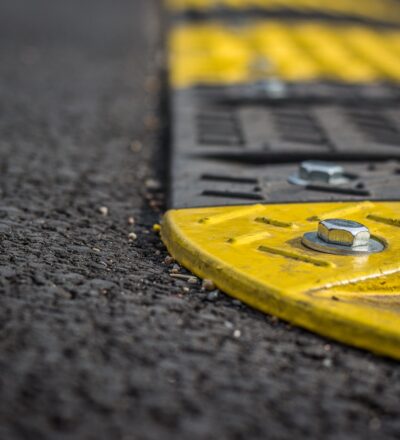Small polyethylene glycol (PEG) molecules were grafted on ceramic γ-alumina membranes, by making use of organo-alkoxysilanes or organo-phosphonic acids as linking groups. It was proven by FTIR that the short PEG brushes are chemically grafted into the pores of a 5 nm γ-alumina mesoporous support, which results in a decrease of the pore diameter as measured by cyclohexane permporometry (reduction of 2.1 nm).
The stability of these PEG-grafted membranes was investigated in water for 216 h. Permeability and liquid state 1H NMR were used to show that PEG-modified membranes with an alkoxysilane linking group degrade rapidly during exposure to water. On the contrary, the phosphonic acid linking group remained grafted on γ-alumina supports for at least 216 h in water.
In conclusion, this work shows a promising and simple method for the fabrication in a green solvent (water) of hydrophilic organically-modified ceramic membranes, which can be successfully applied for wastewater treatment.
Download your free copy
Our publications are free to access. Simply provide your first name and email address to download.
